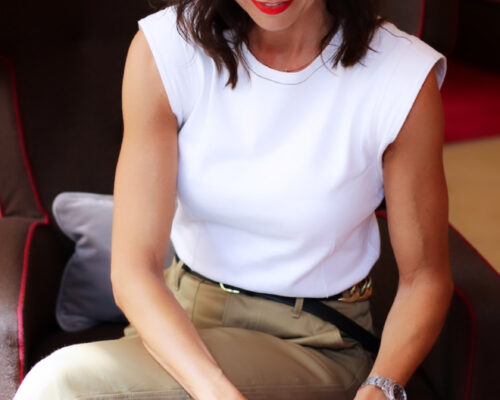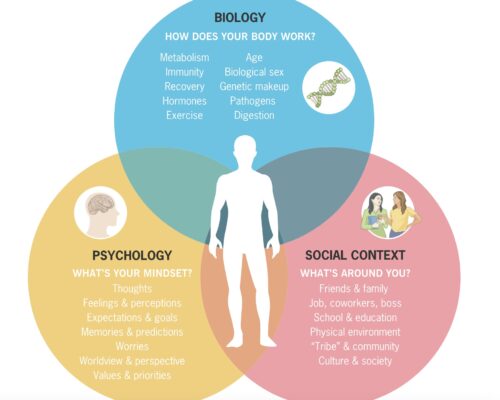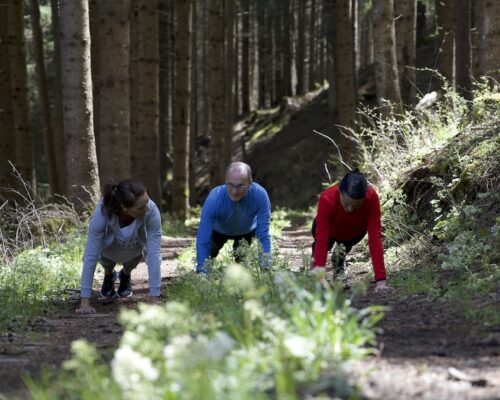is currently the biggest avoidance trap.
Unconscious positive or healthy behavior across various aspects of your life means that you no longer worry or experience problems.
You don’t have to do anything special to remain in that state, such as contemplating your workout program, meal preparation, taking time for yourself, journaling, or attending yoga classes when you don’t feel like it.
The first phase of a coaching process is identifying the problem and what should be different after coaching.
If you regularly ask yourself questions about your health and well-being, relationships, and/or life goals, AND avoid addressing them, coaching can be an effective choice to tackle and resolve the problem.
For this, three basic principles are needed to help you replace everything that blocks your natural drive behavior, such as procrastination, perfectionism, or shutting yourself off, with creative, playful, and responsible behavior.
That’s all. But there’s a challenge to overcome.
Most clients and coaches want to go directly from problem to solution, but that’s not how sustainable behavioral change works.
However, there’s good news!
To achieve this, you first need to reconnect with your natural competencies, skills, and qualities, so that from there, a mental and physical transformation can occur naturally, leading to new unconscious constructive behavior.
I advocate for this holistic neuroscientific approach because it works for everyone and support the sustainable result through post-coaching guidance.
To stay sharp on this, I’ve been leading an international group of coaches who supervise each other in this process for 3 years now, ensuring the best outcome, because that’s what I and ultimately the client care about.
Unconscious competence is, in my opinion, the goal.
How does this approach sound to you as a coach or (potential) client? DM me here








